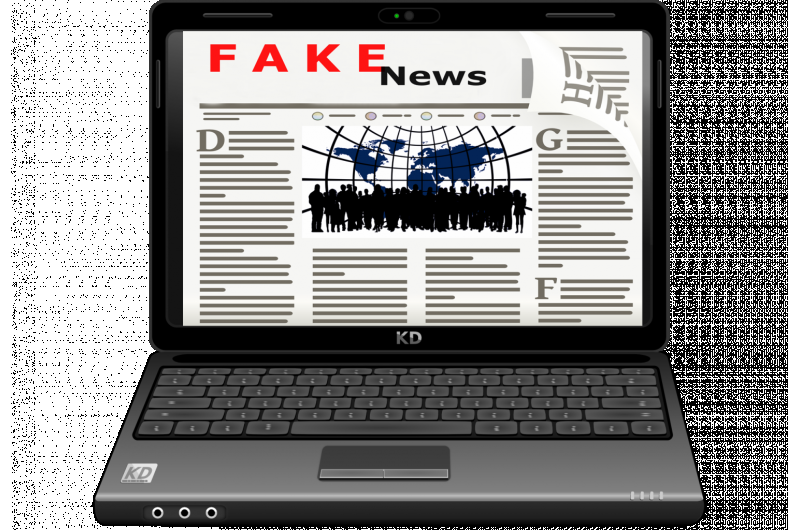Information overload fuels 'fake news': study

"Fake news" has become a troubling phenomenon, allegedly used to manipulate voters and fuel a rise in global populism. In one case, it inspired a man to shoot up a Washington pizzeria.
On Monday, scientists revealed some of the reasons for the explosion of hoaxes and lies on social media—an information overload has left consumers unable to discern the good from the bad.
"Our results show for the fist time that low- and high-quality information have the same chances to succeed," study co-author Diego Oliveira of Indiana University's School of Informatics and Computing told AFP.
"And such a lack of discrimination is a result of our limited attention and the amount of information (to which) we are exposed."
Hoaxes and fake news, the team found, are just as likely to go viral as well-sourced, accurate information.
The way it is constructed, the "social media market rarely allows the best information to win the popularity contest," said Oliveira.
In 2013, the World Economic Forum listed the threat of digital misinformation "wildfires" as a top risk for our society.
One form is "fake news"—a term used for falsehoods, presented as truth, that are spread via traditional news channels or online social media to influence people or attract clients.
Such misinformation is suspected of having been used to try and influence the 2016 US presidential elections.
"Fake news" reports of a child-smuggling ring with connections to Hillary Clinton operating out of a Washington pizzeria, saw a man storm the eatery last December firing an assault rifle.
Ban the bots
The authors of the new study suggested cutting back on "bots"—algorithms with fake "profiles" on social media networks. They flood the platform with messages on a certain topic in a bid to marginalise other viewpoints.
Such bot accounts "make up a significant portion of online profiles and many of them flood social media with high volumes of low-quality information to manipulate the public discourse," said the research team.
"By aggressively curbing this kind of abuse, social media platforms could improve the overall quality of information to which we are exposed."
But consumers can do something too: source your news well.
"Using social media as a source of news is not very reliable unless one focuses only on posts from trusted media sources that follow established journalistic practices," said Oliveira.
"Our friends are probably not good editors and are driven by emotions and biases more than objectivity and trustworthiness," he added.
"We should not assume that if something is shared by a social contact it is reliable, and we should avoid sharing something without reading it critically."
The study into what the team called "the digital misinformation that threatens our democracy" was published in the journal Nature Human Behaviour.
It followed the spread of thousands of memes on platforms like Twitter, Tumblr and Facebook.
Facebook unveiled a tool last December allowing users to report deliberate misinformation.
The term fake news is also used by US President Donald Trump and his followers to describe reports in traditional media that they do not agree with, further muddying the waters.
More information: Limited individual attention and online virality of low-quality information, Nature Human Behaviour (2017). dx.doi.org/10.1038/s41562-017-0132
Journal information: Nature Human Behaviour
© 2017 AFP





















